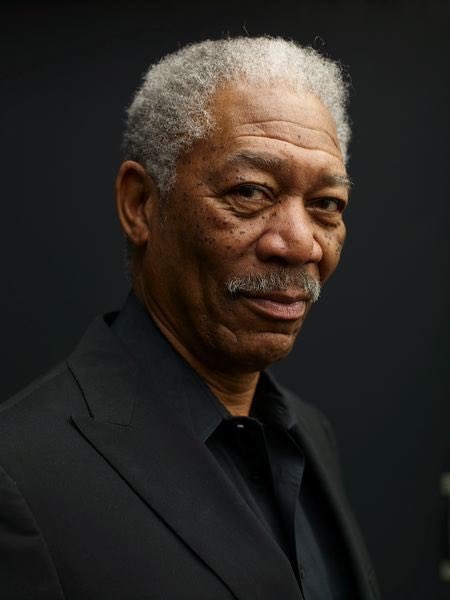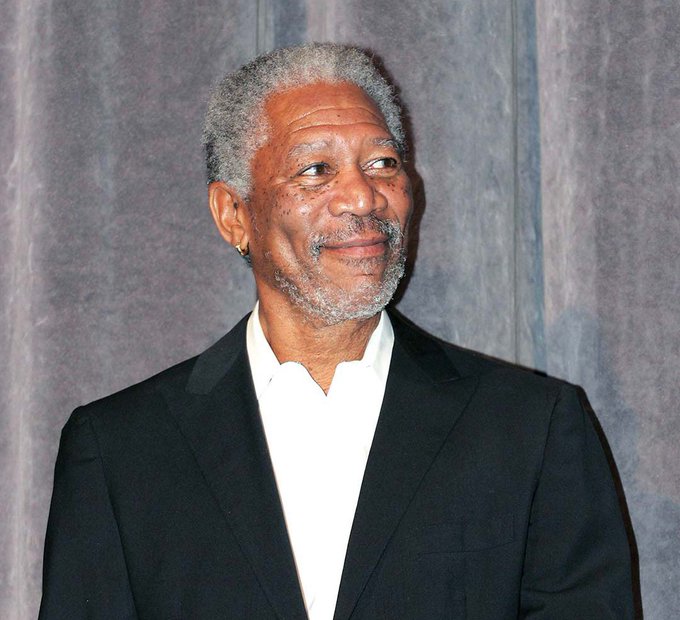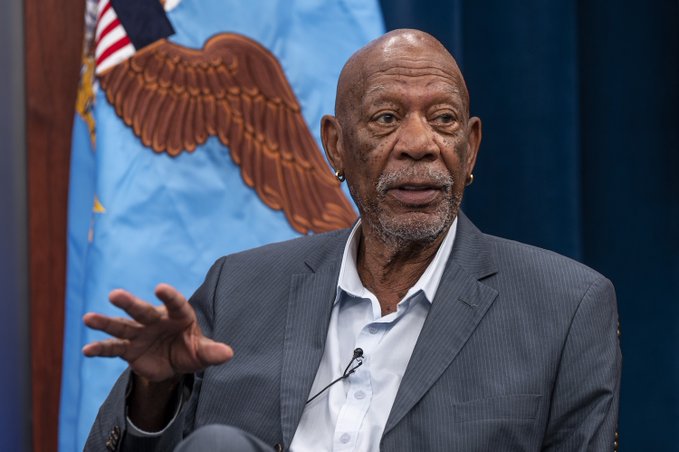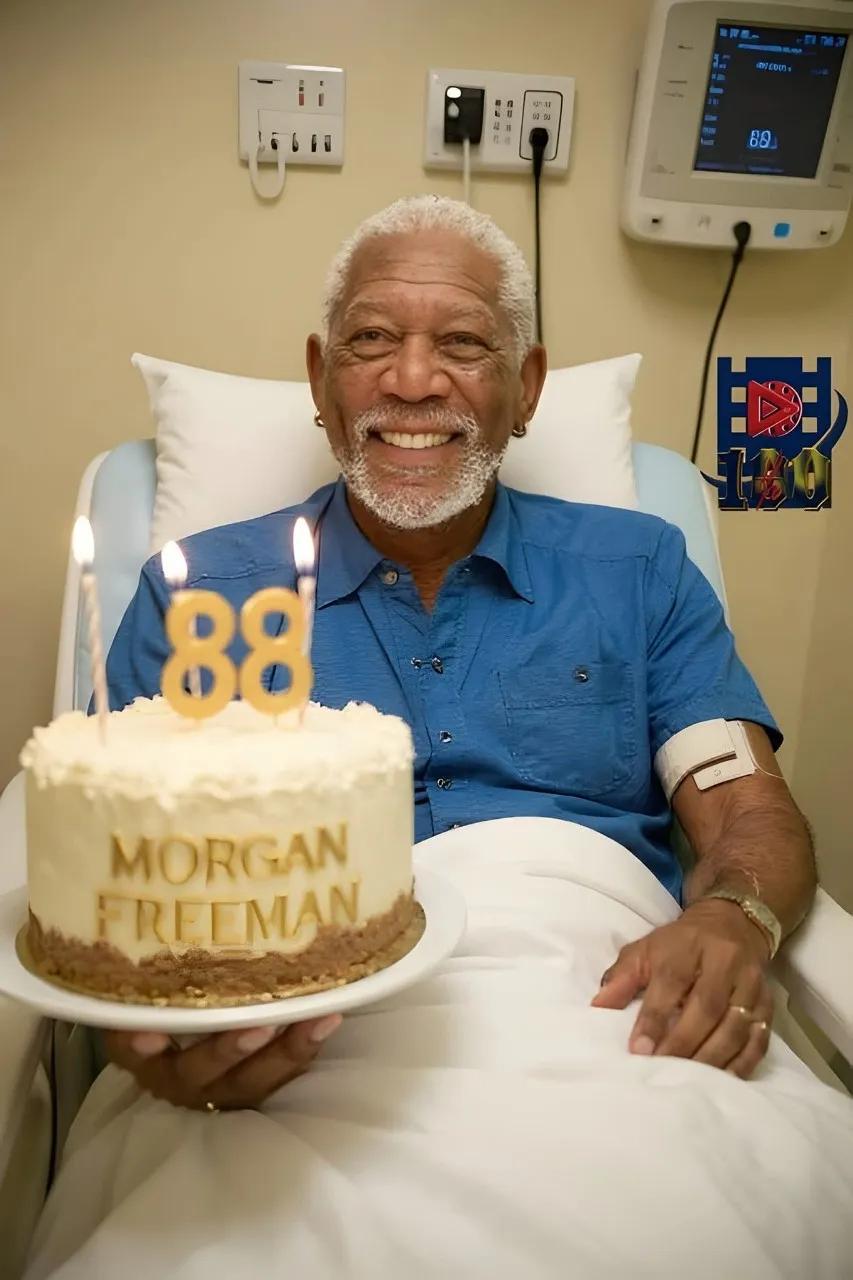
Morgan Freeman Born on June 1, 1937, in Memphis, Tennessee, and raised in Mississippi, Morgan Freeman embarked on an acting journey that would span over six decades and earn him global acclaim. His passion for performance began early with school plays, leading him to study theater arts in Los Angeles and build his foundation through stage work. Freeman first achieved significant recognition in the 1970s starring in the popular children’s television series The Electric Company. His theatrical prowess was further cemented with acclaimed performances in Shakespearean productions like Coriolanus (winning him an Obie Award) and Julius Caesar, culminating in a 1978 Tony Award nomination for Best Featured Actor in a Play for The Mighty Gents. Transitioning to film, Freeman garnered critical attention and his first Academy Award nomination for Best Supporting Actor in Street Smart (1987). This breakthrough was swiftly followed by iconic roles in Glory (1989), Lean on Me (1989), and an Oscar-nominated lead performance in Driving Miss Daisy (1989), establishing him as a major cinematic force.
Morgan Freeman’s film career is marked by both critical acclaim and popular success. He delivered one of his most beloved performances as Ellis Boyd “Red” Redding in The Shawshank Redemption (1994), earning a Best Actor Oscar nomination. His collaboration with Clint Eastwood on Unforgiven (1992) preceded his Academy Award win for Best Supporting Actor in Eastwood’s Million Dollar Baby (2004). Freeman received further Oscar nominations for Invictus (2009), where he portrayed Nelson Mandela, a role he deeply cherished. His extensive and diverse filmography includes major successes like Robin Hood: Prince of Thieves (1991), Se7en (1995), Amistad (1997), Deep Impact (1998), Bruce Almighty (2003), The Bucket List (2007), Gone Baby Gone (2007), and his portrayal of Lucius Fox in Christopher Nolan’s The Dark Knight trilogy (2005-2012). He also starred in action hits like Wanted (2008), Red (2010), Oblivion (2013), Lucy (2014), and the Now You See Me series. Universally recognized for his distinctive, authoritative voice, Freeman has narrated numerous acclaimed documentaries and series, including The Long Way Home (1997), March of the Penguins (2005), Through the Wormhole (2010-2017), The Story of God (2016-2019), Our Universe (2022), and Life on Our Planet (2023). Beyond acting and narration, Freeman made his directorial debut with Bopha! (1993) and co-founded Revelations Entertainment in 1996, producing projects like the CBS series Madam Secretary (2014-2019). His exceptional contributions to the arts have been honored with the Kennedy Center Honor (2008), an AFI Life Achievement Award (2011), the Cecil B. DeMille Award (2012), the Screen Actors Guild Life Achievement Award (2018), and recognition as one of the 50 greatest actors of all time by Empire magazine readers in 2022.
Morgan Freeman Early Life and Education:

Morgan Freeman Born on June 1, 1937, in Memphis, Tennessee, Morgan Freeman was the son of Mamie Edna (a teacher) and Morgan Porterfield Freeman (a barber who died of cirrhosis in 1961). He had three older siblings. Freeman’s ancestry included enslaved great-great-grandparents who migrated from North Carolina to Mississippi; DNA testing later revealed his African roots were predominantly from the Congo-Angola region, with a quarter from Senegal to Liberia. Notably, he discovered his white maternal great-great-grandfather lived with and was buried beside his Black great-great-grandmother in the segregated South, as interracial marriage was illegal. As an infant, Freeman was sent to his paternal grandmother in Charleston, Mississippi. His childhood involved frequent moves, living in Greenwood, Mississippi; Gary, Indiana; and Chicago. His passion for acting ignited early: he made his debut at age nine in a school play lead role and attended Broad Street High School in Greenwood. At twelve, he won a statewide drama competition and immersed himself in music and theater. A bout of pneumonia struck him at sixteen. After graduating high school in 1955, Freeman made a pivotal decision: he turned down a partial drama scholarship to Jackson State University and instead enlisted in the U.S. Air Force. Serving from 1955 to 1959 as an Automatic Tracking Radar repairman, he attained the rank of airman first class. Upon completing his military service, Freeman moved to Los Angeles to pursue acting professionally. He took classes at the prestigious Pasadena Playhouse and studied theater arts at Los Angeles City College, where a teacher even encouraged him to consider a dance career, solidifying his dedication to the performing arts.
Morgan Freeman Career: 1964–1988 – Early Work and Rise to Prominence

Morgan Freeman’s professional journey began diversely in 1964, working as a dancer at the World’s Fair and performing with the Opera Ring musical theater group in San Francisco. His early acting credits included a touring production of The Royal Hunt of the Sun and a small role as an extra in Sidney Lumet’s The Pawnbroker (1965). He soon realized acting was his true calling. Freeman made his Off-Broadway debut in 1967’s civil rights-themed play The Niggerlovers and transitioned to Broadway the following year in the all-black production of Hello, Dolly! alongside Pearl Bailey and Cab Calloway, also performing in The Dozens in 1969. Seeking financial stability, Freeman joined the PBS children’s series The Electric Company in 1971, gaining significant public recognition. Though the show provided stability, Freeman found the work grueling and left in 1975; he later expressed gratitude for the opportunity but acknowledged it was an unhappy period. His film debut came in the little-seen Who Says I Can’t Ride a Rainbow! (1971). After a brief career break, Freeman returned triumphantly to the stage in 1978, winning both a Drama Desk Award and a Clarence Derwent Award for his performance as a wino in The Mighty Gents and appearing in White Pelicans. His dedication to theater continued, earning him an Obie Award in 1980 for the title role in Coriolanus; he also appeared in Julius Caesar.
Freeman’s film career progressed gradually through the early 1980s. He had a minor role as Walter in Brubaker (1980) and starred in the TV movie Attica (1980). A lead role in Eyewitness (1981) alongside William Hurt and Sigourney Weaver followed. From 1982 to 1984, he was a regular on the soap opera Another World as architect Roy Bingham. Supporting roles continued in films like Marie (1985), the miniseries The Atlanta Child Murders, and That Was Then… This Is Now (1985), where he began establishing a screen persona as a wise, fatherly figure. However, it was his 1987 performance as the menacing and charismatic street hustler Fast Black in Street Smart that marked a dramatic departure and became his critical breakthrough. His riveting portrayal earned universal acclaim, with Roger Ebert praising its unforgettable intensity, and secured Freeman his first Academy Award nomination for Best Supporting Actor – a role he himself considered his breakthrough. That same year, he appeared in Clean and Sober with Michael Keaton, earning praise for his performance. His stage work also flourished, winning Obie Awards for The Gospel at Colonus and his iconic portrayal of Hoke Colburn in the play Driving Miss Daisy, setting the stage for his film stardom.
